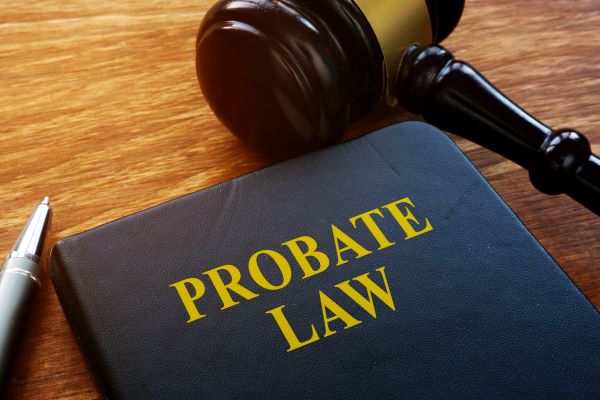
The Consequences of Neglecting Your Estate Plan
You do not currently have a featured image set for this post. To set your featured image, click on the circular Meta View button and set your image in the box on the bottom right.
If you pass away without an estate plan, you may lose control over how your assets and property get passed down to your beneficiaries.
The estates of individuals who die without a will get distributed according to intestate succession laws, which may or may not align with what you would have wanted.
Rather than leaving your affairs up to the opinion of an Ohio probate court, you can engage in the estate planning process to protect your property and assets and gain greater peace of mind about the years to come.
How probate works
When an individual passes away, his or her estates go through probate, a process in which a court examines the estate and issues an order for its distribution. If the deceased had a last will and testament, the court validates the will and the estate executor (named in the will) handles the distribution.
But for those who die without wills, intestate succession calls for their spouses to be the primary beneficiaries, with children and surviving parents coming after that. If none of these relatives are still living, the estate gets split up among nieces and nephews. If the person did not have any living relatives, the state would take ownership of the property and assets.
This law is not flexible in Ohio, and it does not provide any redress for special circumstances. To that end, it is critically important to determine the beneficiaries of your estate through a last will and testament, among other estate planning documents. It’s much preferred to your loved ones going through probate without a will to reference.
What gets accomplished through a will?
Wills determine who will receive your property, giving you full control over the way your assets get distributed after your passing. They determine how to pay any outstanding debts, along with estate taxes and inheritance taxes. They also name the executor to oversee these processes. This is important to ensure probate goes smoothly and to avoid any estate disputes from beneficiaries.
Therefore, working with an estate planning attorney offers the peace of mind you need and deserve. You can sort out all necessary details and ease the burdens on your loved ones during the time immediately after your passing—which will be hard on them as it is. A last will and testament is a complex document governed by local, state and federal laws, and a skilled estate planning lawyer will be familiar with all your legal obligations.
For further guidance on wills, trusts, advance healthcare directives, power of attorney and more, consult a dedicated Ohio estate law attorney with Seif & McNamee. Doing so will enable you to outline an estate plan that meets your needs, preserves your wealth and makes life easier for the people closest to you. We have convenient offices in Chillicothe and Waverly.



